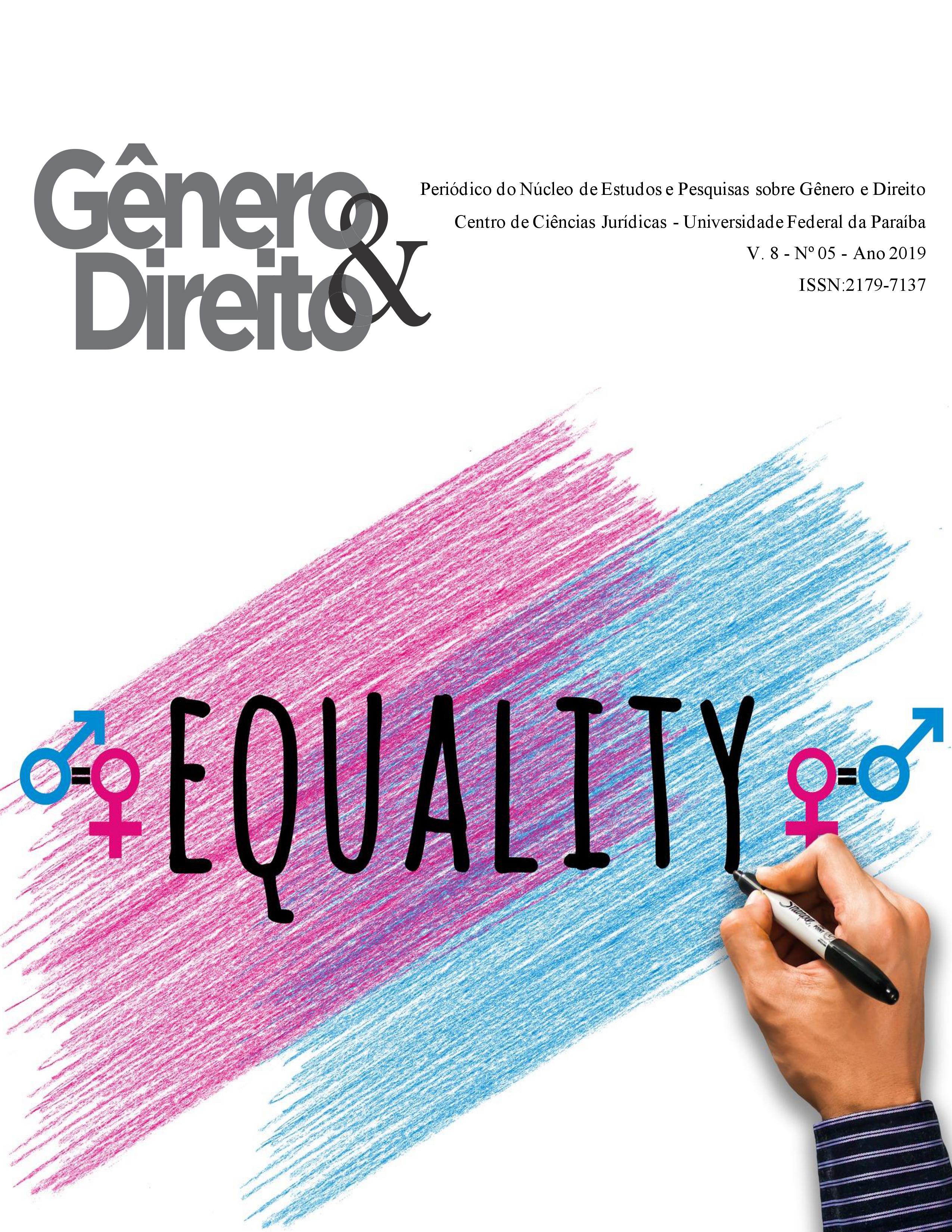PROBLEMS OF KNOWLEDGE BY COMMUNICATION
DOI:
https://doi.org/10.22478/ufpb.2179-7137.2019v8n5.48624Palavras-chave:
knowledge, communication, testimony.Resumo
This article deals with the problems associated with communicative knowledge. It gives narrow and broad definitions of communicative knowledge. The concept of “evidence” is analyzed. The problem of the status of communicative knowledge is analyzed. It is substantiated that the transfer of communicative cognition is possible. The essential and sufficient conditions for the transfer of communicative knowledge are determined. As a sufficient condition for the transfer of knowledge, it is proposed the following: for any witness A and recipient B, if 1) A knows that p, and 2) B is convinced that p on the basis of the testimony of A, and 3) that B has no reason to prejudice the testimony of A , that p, then B knows that p. 4) The witness and the recipient have the maximum possible positive intellectual perfection. The article criticizes the reductive approach, which consists in the fact that any knowledge obtained by communication from another is secondary, because in the end it can be reduced to individual experience. The article defends non-reductionism, since it takes into account the collective nature of cognition. Others will also learn, and I can learn something from them.Downloads
Não há dados estatísticos.
Referências
Adler, Jonathan, “Epistemological Problems of Testimony”, The Stanford Encyclopedia of Philosophy (Summer 2015 Edition), Edward N. Zalta (ed.), URL = https://plato.stanford.edu/archives/sum2015/entries/testimony-episprob/ Access date May1, 2017.
Epistemology. The Social Dimensions of Knowledge. Rowman and Littlefield Publ., 1994.
Goldman A. Epistemic paternalism: Communication control in law and Society/Journal of philosophy, 88. 1991. P. 113—131.
Goldman A. Group knowledge versus group rationality: two approaches to social epistemology // A Journals of Social Epistemology 1:11—22(2004).
Goldman A. Group Knowledge versus Group Rationality: Two Approaches to Social Epistemology / Episteme. 1. P. 11—22.
Goldman, Alvin and Blanchard, Thomas, "Social Epistemology", The Stanford Encyclopedia of Philosophy (Winter 2016 Edition), Edward N. Zalta (ed.), URL = https://plato.stanford.edu/archives/win2016/entries/epistemology-social/
Kitcher Ph. Contrasting Conceptions of Social Epistemology / Socializing
Kornblith H. A Conservative Approach to Social Epistemology // Socializing Epistemology.
Rouse Joseph. Engaging Science. How to Understand Its Practices Philosophically. Cornell University. 1996.
Schmitt Fr. and Spellman J. Socializing Epistemology: A Bibliography / Socializing Epistemology. P. 289—310.
Schmitt Fr. F. Socializing Epistemology: // Socializing Epistemology. The Social Dimensions of Knowledge. Ed. by Fr. F. Schmitt. Rowman a. Littlefield publ., Inc., 2004.
Kasavin I.Т. Social Epistemology: Notion and Problems // Epistemology and the Philosophy of Science. 2006. V. VII. № 1. P. 5—15.
Kasavin I.Т. Social Philosophy of Science and Collective Epistemology, 2016.
Motroshilova N.V. “Social Epistemology”: New Problems, Discussions and Dichotomies.// Values and Senses 2011 №05 (14)
Epistemology. The Social Dimensions of Knowledge. Rowman and Littlefield Publ., 1994.
Goldman A. Epistemic paternalism: Communication control in law and Society/Journal of philosophy, 88. 1991. P. 113—131.
Goldman A. Group knowledge versus group rationality: two approaches to social epistemology // A Journals of Social Epistemology 1:11—22(2004).
Goldman A. Group Knowledge versus Group Rationality: Two Approaches to Social Epistemology / Episteme. 1. P. 11—22.
Goldman, Alvin and Blanchard, Thomas, "Social Epistemology", The Stanford Encyclopedia of Philosophy (Winter 2016 Edition), Edward N. Zalta (ed.), URL = https://plato.stanford.edu/archives/win2016/entries/epistemology-social/
Kitcher Ph. Contrasting Conceptions of Social Epistemology / Socializing
Kornblith H. A Conservative Approach to Social Epistemology // Socializing Epistemology.
Rouse Joseph. Engaging Science. How to Understand Its Practices Philosophically. Cornell University. 1996.
Schmitt Fr. and Spellman J. Socializing Epistemology: A Bibliography / Socializing Epistemology. P. 289—310.
Schmitt Fr. F. Socializing Epistemology: // Socializing Epistemology. The Social Dimensions of Knowledge. Ed. by Fr. F. Schmitt. Rowman a. Littlefield publ., Inc., 2004.
Kasavin I.Т. Social Epistemology: Notion and Problems // Epistemology and the Philosophy of Science. 2006. V. VII. № 1. P. 5—15.
Kasavin I.Т. Social Philosophy of Science and Collective Epistemology, 2016.
Motroshilova N.V. “Social Epistemology”: New Problems, Discussions and Dichotomies.// Values and Senses 2011 №05 (14)
Downloads
Publicado
2019-10-27
Como Citar
KARIMOV, A. .; SOLODUKHO, M. . PROBLEMS OF KNOWLEDGE BY COMMUNICATION. Gênero & Direito, [S. l.], v. 8, n. 5, 2019. DOI: 10.22478/ufpb.2179-7137.2019v8n5.48624. Disponível em: https://periodicos.ufpb.br/index.php/ged/article/view/48624. Acesso em: 26 dez. 2024.
Edição
Seção
Seção Livre

